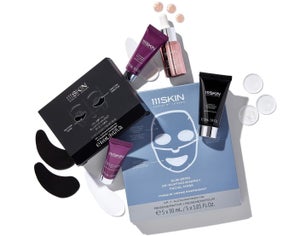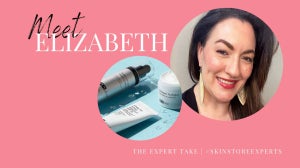
These days more and more consumers are becoming increasingly cautious about the ingredients used in their skincare and cosmetic products and they are trying to stay away from chemicals such as parabens, petrochemicals, or synthetic fragrances, just to name a few. Companies are certainly aware of this and many of them are jumping on the “green” bandwagon. You are probably seeing a lot more products on the market labeled with the terms “organic” and “natural” and you may be wondering, what is the difference between these two? Is there a difference? The short answer is yes, there is a difference between “organic” and “natural”. To start with, there may be some confusion for the consumer as to how these terms are regulated. In the United States, the U.S. Food and Drug Administration (FDA) is the government agency that regulates the labeling and safety requirements for the cosmetic industry. Yet, they do not have a sanctioned definition of either of these terms. While the term natural is not regulated by any agency, the term organic is. The United States Department of Agriculture (USDA) oversees the National Organic Program (NOP) which regulates what can be considered organic. That being said, the USDA does not have a separate category for cosmetics, they use the same standards used for the food industry. There are also International organizations that certify organic products. ECOCERT is a worldwide organization working in over 80 countries and COSMEBIO is a French organization created specifically for cosmetics and skincare. So, what does is actually take for a product to really be “organic”? To earn a certified organic label 95% of the ingredients used must be organic. For a product labeled “made with organic ingredients” the required percentage goes down to 70%. Natural is a broader term usually used to indicate that a minimal amount of chemicals were used in either the process of making the product or the actual formula of the product. Typically, “natural” products are free of synthetic additives such as chemical preservatives, synthetic coloring or fragrance. However, seeing natural on the label is not a guarantee that any of these ingredients will not be in the product. If you are still uncertain, always check the ingredient listing. With so many choices out there it can be overwhelming. How does the consumer know what they are getting? What’s the bottom line for all of you ingredient-savvy consumers? Read those labels!

Related Articles






